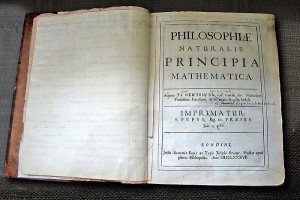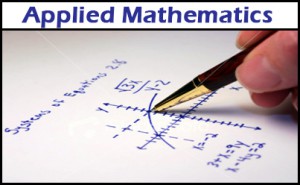DEFINITIONS OF MATHEMATICS
Aristotle defined mathematics as “the science of quantity”, and this definition prevailed until the 18th century.[29] Starting in the 19th century, when the study of mathematics increased in rigor and began to address abstract topics such as group theory and projective geometry, which have no clear-cut relation to quantity and measurement, mathematicians and philosophers began to propose a variety of new definitions.[30] Some of these definitions emphasize the deductive character of much of mathematics, some emphasize its abstractness, some emphasize certain topics within mathematics. Today, no consensus on the definition of mathematics prevails, even among professionals.[7] There is not even consensus on whether mathematics is an art or a science.[8] A great many professional mathematicians take no interest in a definition of mathematics, or consider it undefinable.[7] Some just say, “Mathematics is what mathematicians do.”
SOME OF THE FIELDS OF MATHEMATICS
Mathematics can, broadly speaking, be subdivided into the study of quantity, structure, space, and change (i.e. arithmetic, algebra, geometry, and analysis). In addition to these main concerns, there are also subdivisions dedicated to exploring links from the heart of mathematics to other fields: to logic, to set theory (foundations), to the empirical mathematics of the various sciences (applied mathematics), and more recently to the rigorous study of uncertainty.
Foundations and philosophy
In order to clarify the foundations of mathematics, the fields of mathematical logic and set theory were developed. Mathematical logic includes the mathematical study of logic and the applications of formal logic to other areas of mathematics; set theory is the branch of mathematics that studies sets or collections of objects.
Applied mathematics
Applied mathematics concerns itself with mathematical methods that are typically used in science, engineering, business, and industry. Thus, “applied mathematics” is a mathematical science with specialized knowledge. The term applied mathematics also describes the professional specialty in which mathematicians work on practical problems; as a profession focused on practical problems, applied mathematics focuses on the “formulation, study, and use of mathematical models” in science, engineering, and other areas of mathematical practice.
In the past, practical applications have motivated the development of mathematical theories, which then became the subject of study in pure mathematics, where mathematics is developed primarily for its own sake. Thus, the activity of applied mathematics is vitally connected with research in pure mathematics (Courant, Richard and H. Robbins, What Is Mathematics? : An Elementary Approach to Ideas and Methods, Oxford University Press, USA; 2 edition (July 18, 1996)).

